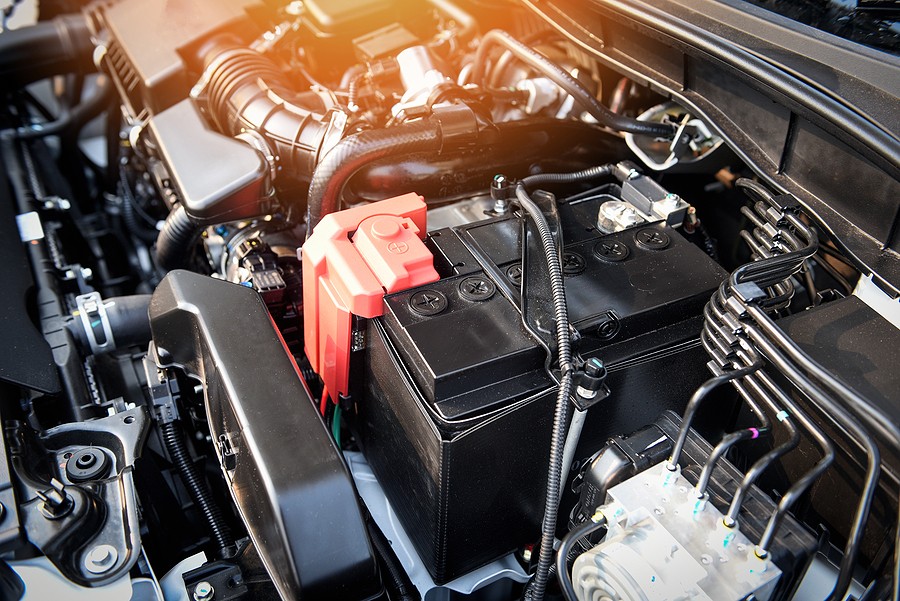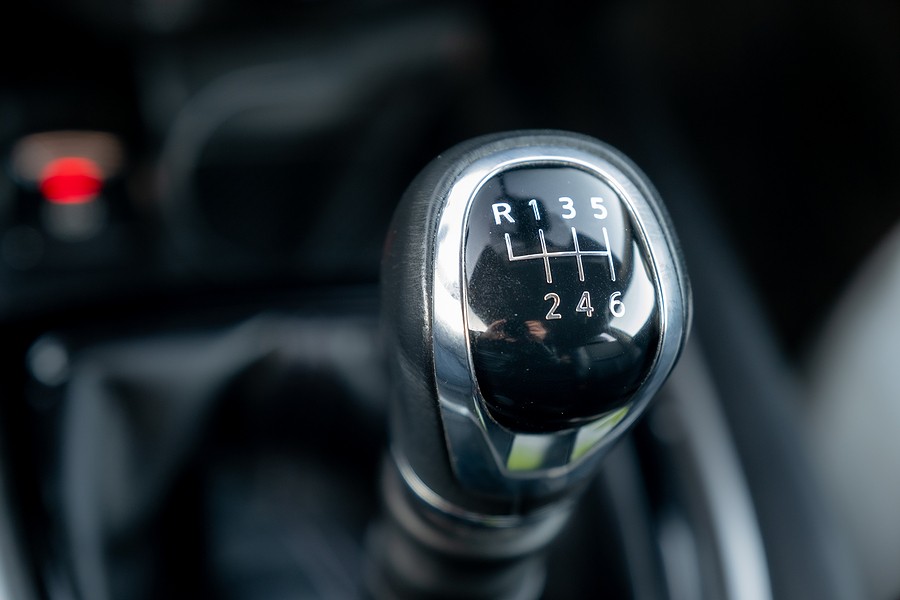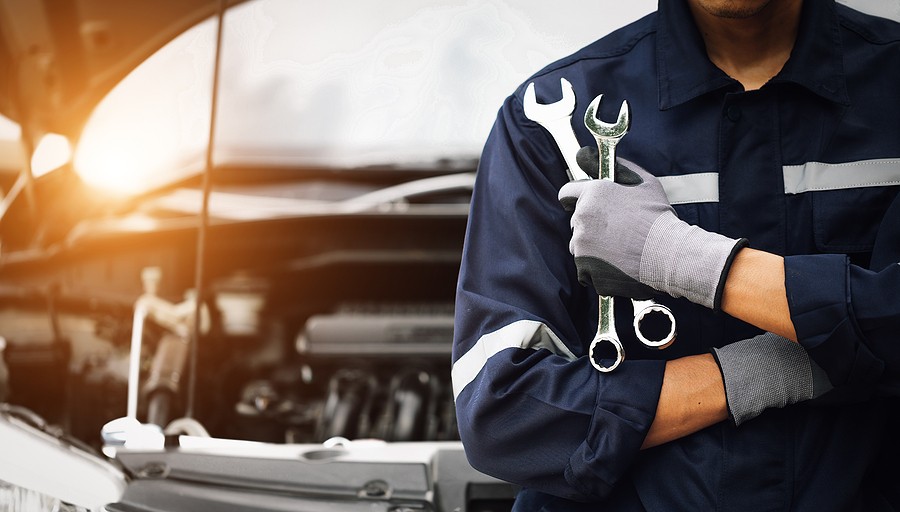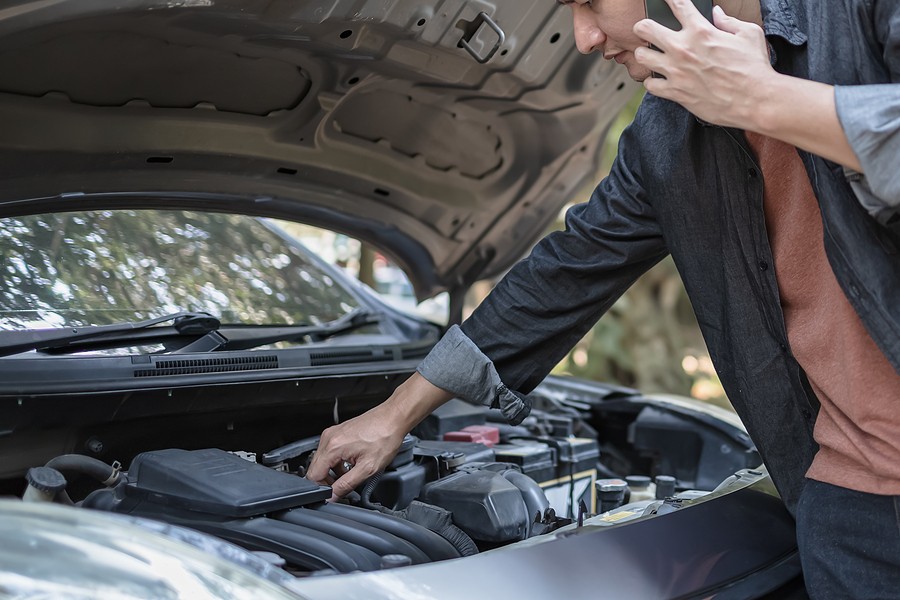If your car makes a rattling sound when accelerating, it's likely due to issues with the exhaust system, valve train, heat shield, transmission, suspension parts, belt tensioner, carbon buildup, or low octane fuel. Addressing these issues promptly is crucial for maintaining your vehicle's health and performance.
1. Exhaust System Issues
Understanding the Role of the Exhaust System The exhaust system plays a crucial role in your vehicle's overall performance. It directs exhaust gases away from the engine, which is vital for engine efficiency and environmental safety. When components of the exhaust system like the manifold, hangers, or catalytic converters are failing or loose, a rattling sound can occur during acceleration.
Common Exhaust System Problems Several issues can affect the exhaust system:
- A failing exhaust manifold can leak harmful gases.
- Loose or broken exhaust hangers can cause parts of the system to rattle.
- Damaged catalytic converters can lead to a decrease in engine performance and increased emissions.
Fixing Exhaust System Issues Addressing exhaust system issues involves:
- Inspecting the system for leaks or damage.
- Tightening or replacing broken hangers.
- If necessary, replacing the catalytic converter, a procedure best handled by a professional mechanic.
2. Valve Train Issues
The Importance of Valve Train Maintenance The valve train controls the timing and amount of air and fuel entering the engine. Problems here, such as stuck or worn-out valves, can lead to premature ignition in the combustion chambers, causing a rattling noise during acceleration.
Symptoms of Valve Train Problems You might notice:
- A rattling noise resembling the clinking of glass bottles.
- Rough idling or misfires, indicating valve timing or operation issues.
Addressing Valve Train Concerns Solving valve train issues typically involves:
- A thorough inspection by a qualified mechanic.
- Potential replacement or repair of intake and exhaust valves.
- Regular maintenance to prevent future issues.

3. Heat Shield Complications
Function of the Heat Shield The heat shield protects your car from the high temperatures produced by the exhaust system. If it becomes loose or breaks, it can vibrate and cause a rattling sound underneath the vehicle.
Detecting Heat Shield Issues Look for:
- Loose or broken components of the heat shield during a visual inspection.
- Rattling sounds that are more pronounced at lower speeds.
Fixing the Heat Shield Repairing a heat shield involves:
- Reattaching or tightening the shield.
- In cases of significant damage, replacing the shield.

4. Transmission Troubles
Transmission's Role in Vehicle Performance The transmission is integral to your car's ability to shift gears and distribute power. Rattling, clunking, or grinding sounds can indicate serious transmission issues, which can drastically affect your driving experience.
Identifying Transmission Issues Common signs include:
- Difficulty shifting gears.
- Unusual noises, especially when changing gears or accelerating.
Resolving Transmission Problems Addressing transmission problems usually requires:
- Checking and replacing transmission fluid.
- Professional diagnosis and potential overhaul or replacement.

5. Suspension Part Failures
Understanding Suspension System The suspension system ensures a smooth ride and handles the car's interaction with the road. Faulty or worn-out components like struts, shocks, or bushings can lead to rattling noises.
Spotting Suspension Issues Signs of suspension problems include:
- Uneven tire wear.
- Rattling or knocking sounds, particularly over bumps or during turns.
Tackling Suspension Problems Repairing suspension issues involves:
- Inspecting and replacing worn-out shocks, struts, or bushings.
- Ensuring proper alignment and balance of the vehicle.

6. Belt Tensioner Wear and Tear
Role of the Belt Tensioner The belt tensioner maintains the correct tension on your car's drive belts, crucial for the smooth operation of various components like the alternator and air conditioning.
Signs of a Failing Belt Tensioner Symptoms include:
- Squeaking or rattling noises from the engine bay.
- Visible wear or damage on the tensioner.
Addressing Belt Tensioner Issues Fixing belt tensioner problems typically requires:
- Inspecting and possibly replacing the tensioner.
- Ensuring all belts are correctly tensioned and in good condition.

7. Carbon Buildup and Low Octane Issues
Effects of Carbon Buildup Carbon deposits in the combustion chamber can lead to inefficient engine performance and rattling sounds.
Low Octane Fuel Issues Using fuel with too low octane for your vehicle can cause premature ignition, leading to rattling noises during acceleration.
Resolving Carbon and Octane-Related Problems Solutions include:
- Using higher octane fuel as recommended by your vehicle manufacturer.
- Having a mechanic perform a carbon cleaning service.
Conclusion A rattling sound when accelerating indicates various potential issues, each requiring prompt attention. Regular maintenance and addressing problems as they arise are key to ensuring your vehicle remains reliable and safe.
Contact Us For assistance in diagnosing and repairing a rattling sound in your car, or for any other car-related needs, contact Cash Cars Buyer at 773-791-4363. Our team of experts is ready to help, regardless of your car's condition or type. Or you can fill out our online form to get your instant offer by clicking here!



